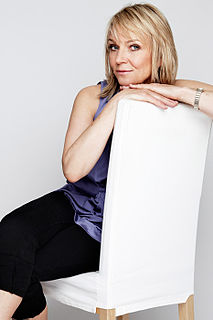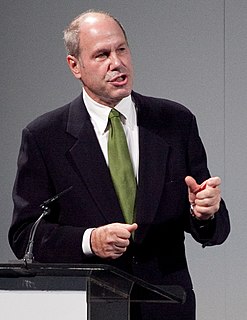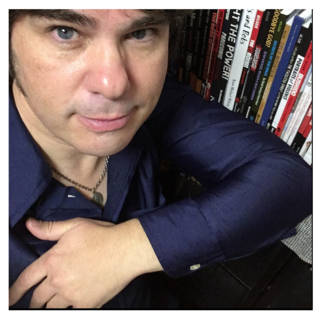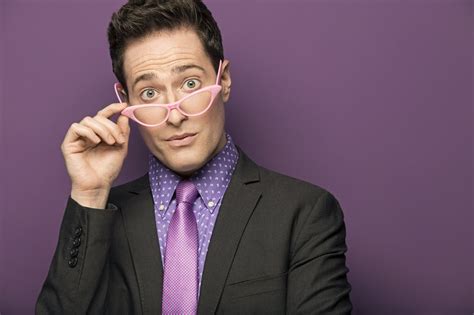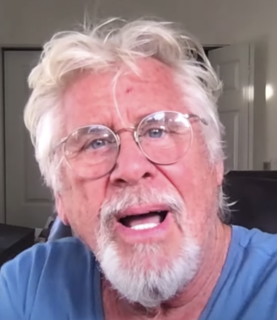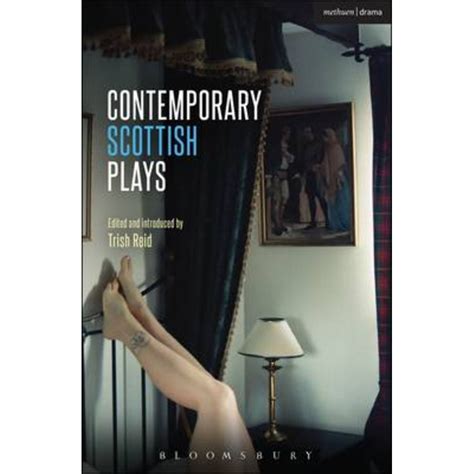A Quote by Helen Fielding
Comedy tends to come out of things which are quite painful and serious.
Related Quotes
Me being from a Celtic culture that tends to emphasize directness, conflict, openness has a big effect on my living in Japan, which tends to focus on indirectness, avoidance of conflict and keeping things close to your chest. So that has led to quite a lot of cultural misunderstandings in dealing with this East Asian culture I live in.
I played a lot of serious parts in a lot of TV movies and early miniseries but what happens is that you get sort of locked into "Oh no, he's a serious actor." Well, I was a serious actor for nine years or 10 years and then I get into comedy and everybody said, "Oh no, he's funny. He can do comedy," and then all of a sudden, you're just a comedy guy.
Even in the things that look most frivolous there has to be the threat of something quite painful to make the comedy work. I suppose the play of mine that's best know is NOISES OFF, which everyone thinks is a simple farce about actors making fools of themselves. But I think it makes people laugh because everyone is terrified inside themselves of having some kind of breakdown, of being unable to go on. When people laugh at that play, they're laughing at a surrogate version of the disaster which might occur to them.
If you're serious about singing or acting, which are two art forms that get repetitive, the way to keep the music fresh is to recognize that it is totally impossible for it to ever be the same, night after night. You open your mouth and you'd like a certain sound to come out of it, but it doesn't always come out exactly like you thought it was going to come out!
When I first started doing my comedy act, I just desperately needed material. So I took literally everything I knew how to do on stage with me, which was juggling, magic and banjo and my little comedy routines. I always felt the audience sorta tolerated the serious musical parts while I was doing my comedy.
Sometimes actors don't remember their lines. At its worst, this means they 'dry' and silence descends. More commonly, the original lines are paraphrased in some alarming way. It's hard to say which is more painful for the author. Less serious, but quite irritating is to hear the word 'Well' inserted at the beginning of speeches.
